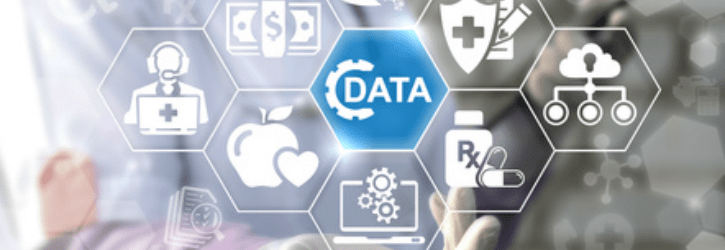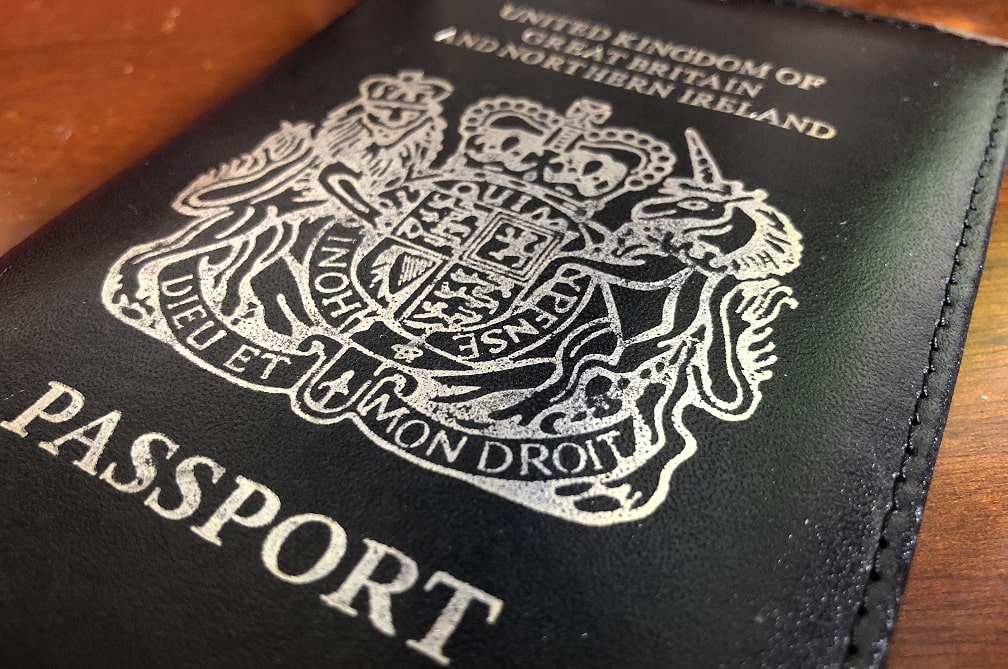
Welcome To The Data Leak Lawyers Blog
We focus on the latest news surrounding data breaches, leaks and hacks plus daily internet security articles.

We focus on the latest news surrounding data breaches, leaks and hacks plus daily internet security articles.

If your medical records are hacked, you could be entitled to claim data breach compensation for the distress caused by the loss of control of your personal information.
Hackers do target the healthcare sector, and the impact for victims when this kind of information is exposed or misused can be substantial. We can offer No Win, No Fee legal representation for eligible cases, and it is important for victims of this type of breach to access the justice that they may be legally entitled to.
Medical records data breach compensation claims are a common type of legal case that we take forward for victims. Here is how we can help you.

When it comes to data breaches and stolen passport information, we are more than used to representing people for compensation claims that involve these issues.
As a leading firm of data breach compensation and consumer law experts, we have represented clients for cases where this kind of identification documentation has been misused or exposed. A data breach like this can lead to victims suffering significant distress, and some may also incur financial losses and pay out expenses as well. Although you can just claim for the distress alone, you can be entitled to claim losses and expenses as well.
We can tell you from experience that these kinds of incredibly sensitive personal data breaches can have a significant impact on the victim. It is always important to get the best legal representation you can for a case like this, and here is how we can help you.

Ransomware attacks and patient records can be a damaging combination, and this kind of incident is one of the many reasons as to why cybersecurity in the healthcare sector is crucial.
Hackers know that they can stand a good chance of being paid, which is why they target them. The longer information is not accessible by healthcare staff, the more dangers there can be for patients as well. If information is exposed or misused, the problems this can cause for the victims can also be substantial.
Medical data breach compensation cases are one of the most common types of claims that we take forward for people. Here’s how we may be able to help you.

You can start your easyJet cyberattack compensation claim quickly and easily with us today and benefit from our No Win, No Fee representation.
As a leading firm of data breach and consumer action lawyers, we are representing clients for cases right now. We already represent thousands of data breach victims in over 45 different group and multi-party actions, and victims could be entitled to claim thousands of pounds for the distress caused by the loss of control of personal information.
Here is a little bit of information about the data breach, what you could claim for, and how to contact the team for free, no-obligation advice today.

You could be eligible to claim for travel data breaches and receive compensation for hotel cyberattacks, and we may be able to represent you for a case on a No Win, No Fee basis.
The travel and tourism industry is a significant target for hackers as they can get away with a huge amount of personal and sensitive data. Hotels, airlines, package providers, intermediaries, and others could all be a valid target. One successful cyberattack could lead to the data for millions of people being exposed, as we have seen in some of the recent data breaches that have taken place in the UK and across the world.
As a leading firm of data breach compensation lawyers, here’s our take on the topic as well as advice about how we can represent you for a legal case.

When can you make a claim for cyberattack compensation? How can you hold an organisation to account that has been breached? How can we help you on a No Win, No Fee basis?
These are common questions when it comes to cyberattack compensation cases. Many may think that the only way you could claim is to sue those responsible for the attack – i.e. the hackers. This isn’t really a feasible option, but you can be eligible to claim compensation against the organisation that has been attacked. They have an important duty to protect themselves and your information, so if they have fallen short, you could be eligible for a case.
Data protection is the law. The GDPR puts a duty on organisations to take reasonable steps to protect the information that they store and process. If they fail to uphold this duty, they can be negligent.

Victims of local authority data breaches can be entitled to claim compensation with our team with the benefit of our No Win, No Fee legal representation.
Council data breach compensation claims are one of the most common types of individual cases that we take forward for people. Of the thousands of clients that we represent, many involve local authorities and their various agencies and service providers, such as social services.
Victims could be entitled to receive thousands of pounds in damages, and we can recover compensation for our clients with our specialist representation. As a leading firm of data breach compensation lawyers, we may be able to help you.

As a leading firm of data breach compensation experts, we are used to representing people for data breaches at universities on a No Win, No Fee basis.
And with recent research indicating that breaches in the education sector continue to be a serious problem, our work to fight for the justice of the victims continues to be important.
Victims of a university data breach can be eligible to claim compensation for the loss of control of their personal information. Here’s how this can work, as well as coverage of the recent research.

Victims could be eligible to claim compensation for identity theft that has arisen from a data breach, data leak or a cyberattack event, and we can offer No Win, No Fee representation.
Data breach compensation pay-outs for legal cases like this can account for any financial losses incurred, but they can also account for the distress you suffer as well. It can be incredibly worrying for your information to be in the hands of criminals, and the law can entitle you to receive compensation for the distress you suffer from the loss of control of your private information.
This means that, even if you lost nothing or had your money returned, you could still be eligible for a claim.

Having been contacted for help by victims of the Blackbaud data breach whose information was hacked, we are taking claims for compensation forward for victims on a No Win, No Fee basis.
There are thought to be over 120 organisations affected so far by the breach, including multiple universities and charities. A wealth of data was exposed in the attack which led to Blackbaud reportedly paying the ransom that was demanded by the hackers who managed to access the information.
If you have been told that you are affected by the cyberattack, we may be able to help you.
EasyJet admits data of nine million hacked
British Airways data breach: How to claim up to £6,000 compensation
Are you owed £5,000 for the Virgin Media data breach?
Virgin Media faces £4.5 BILLION in compensation payouts
BA customers given final deadline to claim compensation for data breach
Shoppers slam Morrisons after loyalty points stolen
Half a million customers can sue BA over huge data breach
Lawyers accuse BA of 'swerving responsibility' for data breach
The biggest data breaches of 2020
Fill out our quick call back form below and we'll contact you when you're ready to talk to us.